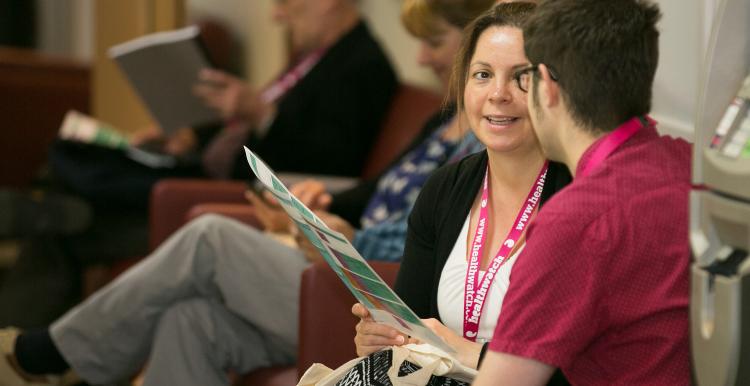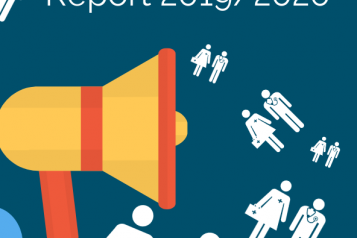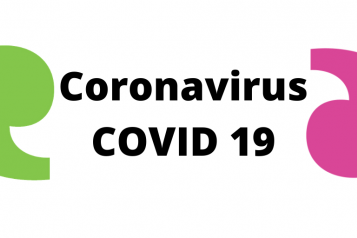Accessible Information

It aims to make sure that anyone who has a disability, impairment or sensory loss is provided with information that they can easily read or understand with support in a way that meets their needs.
Organisations that provide NHS Care or Social Care must provide information in alternative formats such as braille or large print and support people to communicate, for example by arranging a British Sign Language (BSL) interpreter.
If you are speaking to a dentist, doctor, care home manager or any other provider of health and social care, here’s what you can expect:
- You should be asked if you have any communication needs, and asked how your needs can be met
- Your needs should be recorded in a clear and set way
- Your file or notes should highlight your communication needs so people are aware and know how to meet them
- Information about your communication needs should be shared with other providers of NHS and adult social care, when they have consent or permission to do so
- Information should be delivered to you in a way that you can access and understand, with the option for communication support if needed.
Are your communication needs being met?
If you are having problems accessing information that is easy to understand, or you are not getting the communication support you need, let us know:
- Call us on 01275 851 400
- Email us at contact@healthwatchnorthsomerset.co.uk
You can find out more about the Accessible Information Standard by visiting the NHS England website


